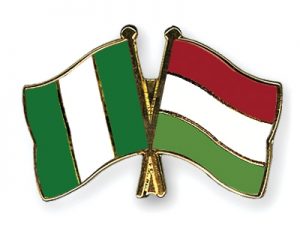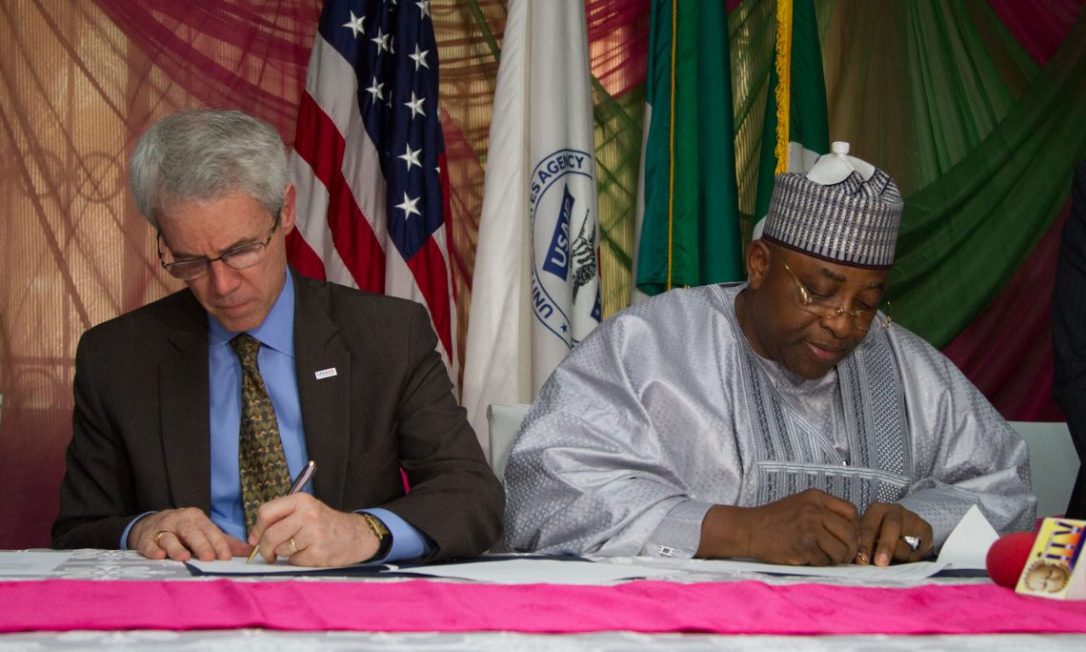Vice President Yemi Osinbajo, SAN, has called on stakeholders in the education sector to evolve better teaching and learning techniques that will address contemporary challenges confronting societies in modern times.
Prof. Osinbajo stated this earlier today while receiving a delegation from the West African Examination Council (WAEC), led by its chairperson, Dr Evelyn Kandakai at the Presidential Villa. The Council holds its 65th annual meeting in Abuja on Tuesday.
Also present at the meeting with the Vice President were the Minister of Education, Mallam Adamu Adamu and the Minister of State for Education, Prof. Anthony Anwukah.
According to Osinbajo, “lately, it has become obvious that we have to make more of our young people to be more entrepreneurial in their approach to everything.’’
Prof. Osinbajo said “It is interesting that we have found ourselves, especially those of us in this part of the world at this time, trying very hard to work out educational systems that is relevant to our people, (and) the requirements of our people.
“Obviously our initial contributions in this sector were inherited from colonial times but it is becoming more evident anyway that we must chart our own course in education and I know that it is a challenge that we face regularly.’’
He said the focus of educators should be on “the kind of subjects, and the kind of teachings that challenge critical thinking and being creative, thinking out of the box’’.
The Vice President added that “it is even more so now than ever before with technology, there is a need for us to meet the requirements of our people.’’
Prof. Osinbajo charged educators to find solutions to society’s contemporary challenges, noting that the political class’ responsibility is to “throw the challenge to the educators and hope that they will be able to give some form of direction as to where society should be heading to.’’
The Vice President commended the present WAEC Council and management for maintaining the institution’s status as the foremost sub-regional examination body which has maintained its standards and quality for many decades.
The chairperson of WAEC, Dr Evelyn Kandakai, had earlier thanked the Vice President for the reception, noting that Nigeria is a big pillar of support to WAEC in all its years of existence.
(54 percent of the institution’s financial burden is borne by Nigeria.)
Dr Kandakai said whatever height the examination body had attained over the years was made possible by Nigeria’s immense contributions both in human and material resources, submitting that WAEC and the West African sub-region remained hugely indebted to Nigeria.
WAEC is a sub-regional educational institution composed of Nigeria, Ghana, Gambia, Sierra Leone and Liberia.
Laolu Akande
Senior Special Assistant on Media & Publicity
Office of the Vice President
March 20, 2017

